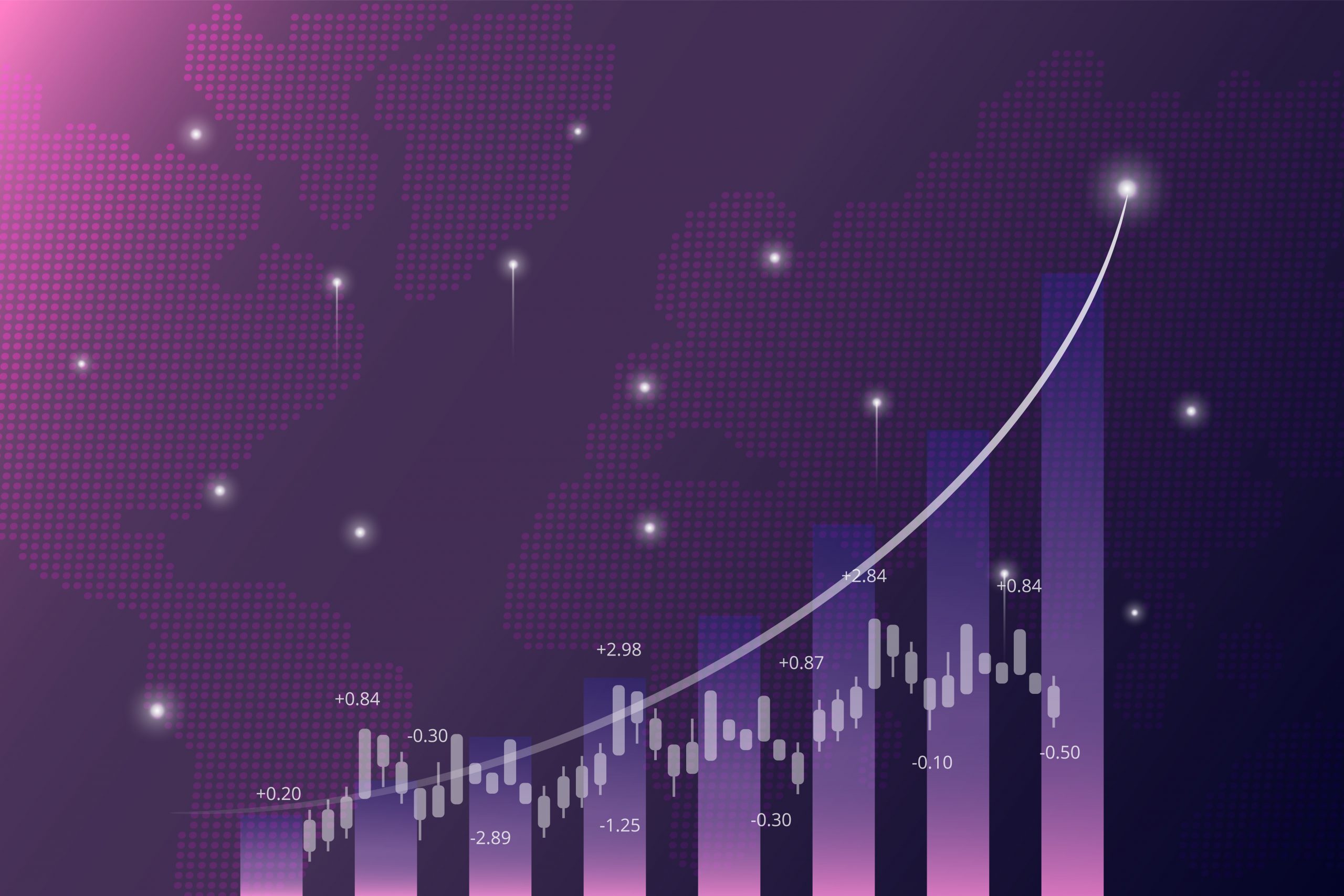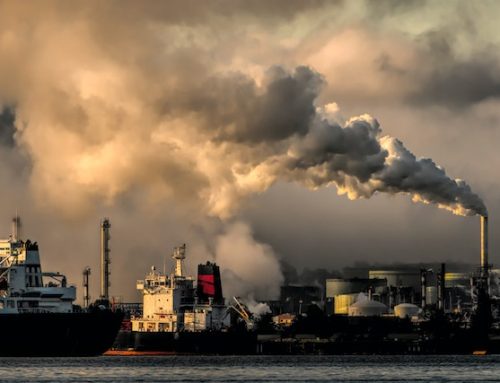September 4, 2023
The recent annual conference of central bankers in Jackson Hole, Wyoming, highlighted concerns about rising trade barriers, aging populations, and the shift from fossil fuels to renewable energy, which could exacerbate global inflation pressures and challenge the efforts of central banks, including the Federal Reserve, to meet their inflation targets.
For years, the global economy has been moving towards greater integration, with increased trade between countries and lower-wage production abroad leading to lower inflation. However, the COVID-19 pandemic has caused a reversal of this trend. Multinational companies are reshaping their supply chains, moving production away from China to the United States, partly due to subsidies offered by the Biden administration. This shift, coupled with substantial investments in renewable energy, could lead to disruptions by increasing government borrowing and raw material demand, thus driving inflation higher.
Aging populations are another concern. As people age, they are less likely to work, creating potential supply shocks and labor shortages, similar to those seen during the post-pandemic rebound. These factors create a complex environment for central banks that aim to control inflation, as they face larger relative price shocks.
Christine Lagarde, President of the European Central Bank, noted that the changing landscape might lead to stronger price pressures in markets related to commodities essential for green technologies. Central banks, including the Federal Reserve and the European Central Bank, are struggling to curb the high inflation experienced since early 2021, which has only partially subsided.
The Jackson Hole conference discussions highlighted shifting global trade patterns. China’s share of U.S. imports has decreased due to tariffs and efforts by U.S. companies to diversify sources of goods and parts after disruptions in China’s production during the pandemic. This trend, known as “friendshoring,” has led to increased imports from countries like Vietnam, Mexico, and Taiwan. However, despite these changes, overall U.S. imports hit a record high in 2022, indicating continued high levels of trade.
While there are signs of “reshoring,” bringing some production back to the U.S., these changes have downsides. Costs of goods from Vietnam and Mexico have increased, contributing to inflationary pressures. China’s investment in factories in other countries and their role in global supply chains suggest that economic ties with China remain significant.
Conversely, some factors could dampen inflation. Weakening growth in China might reduce its demand for commodities, putting downward pressure on global costs. However, central bankers also voiced concerns about the use of subsidies for domestic manufacturing, as it could lead to inefficiencies.
In conclusion, the Jackson Hole conference emphasized that global trends such as changing trade patterns, aging populations, and renewable energy transitions could complicate central banks’ efforts to control inflation, requiring nuanced approaches to navigate these challenges.
Source: ABC NEWS
Legal Notice: The information in this article is intended for information purposes only. It is not intended for professional information purposes specific to a person or an institution. Every institution has different requirements because of its own circumstances even though they bear a resemblance to each other. Consequently, it is your interest to consult on an expert before taking a decision based on information stated in this article and putting into practice. Neither Karen Audit nor related person or institutions are not responsible for any damages or losses that might occur in consequence of the use of the information in this article by private or formal, real or legal person and institutions.






